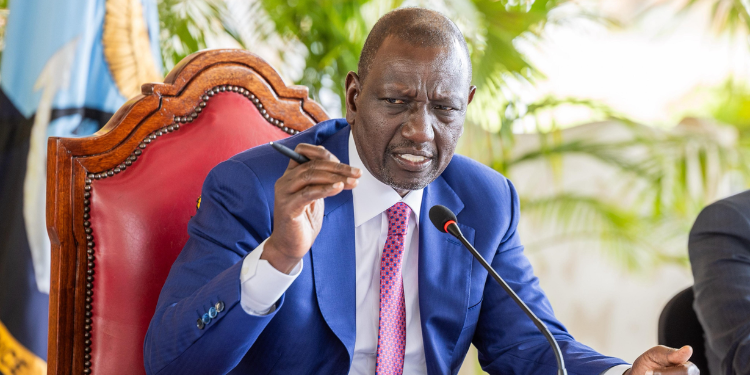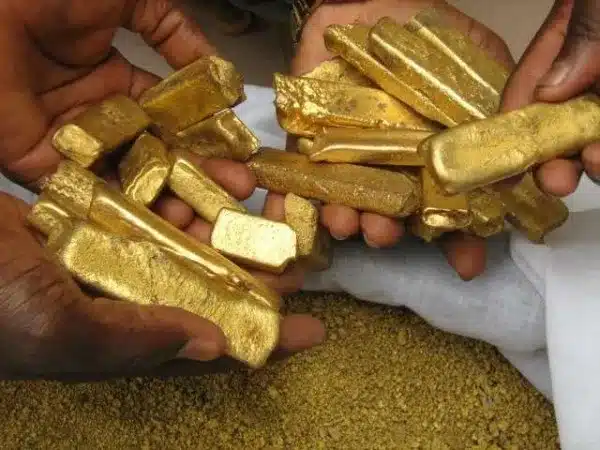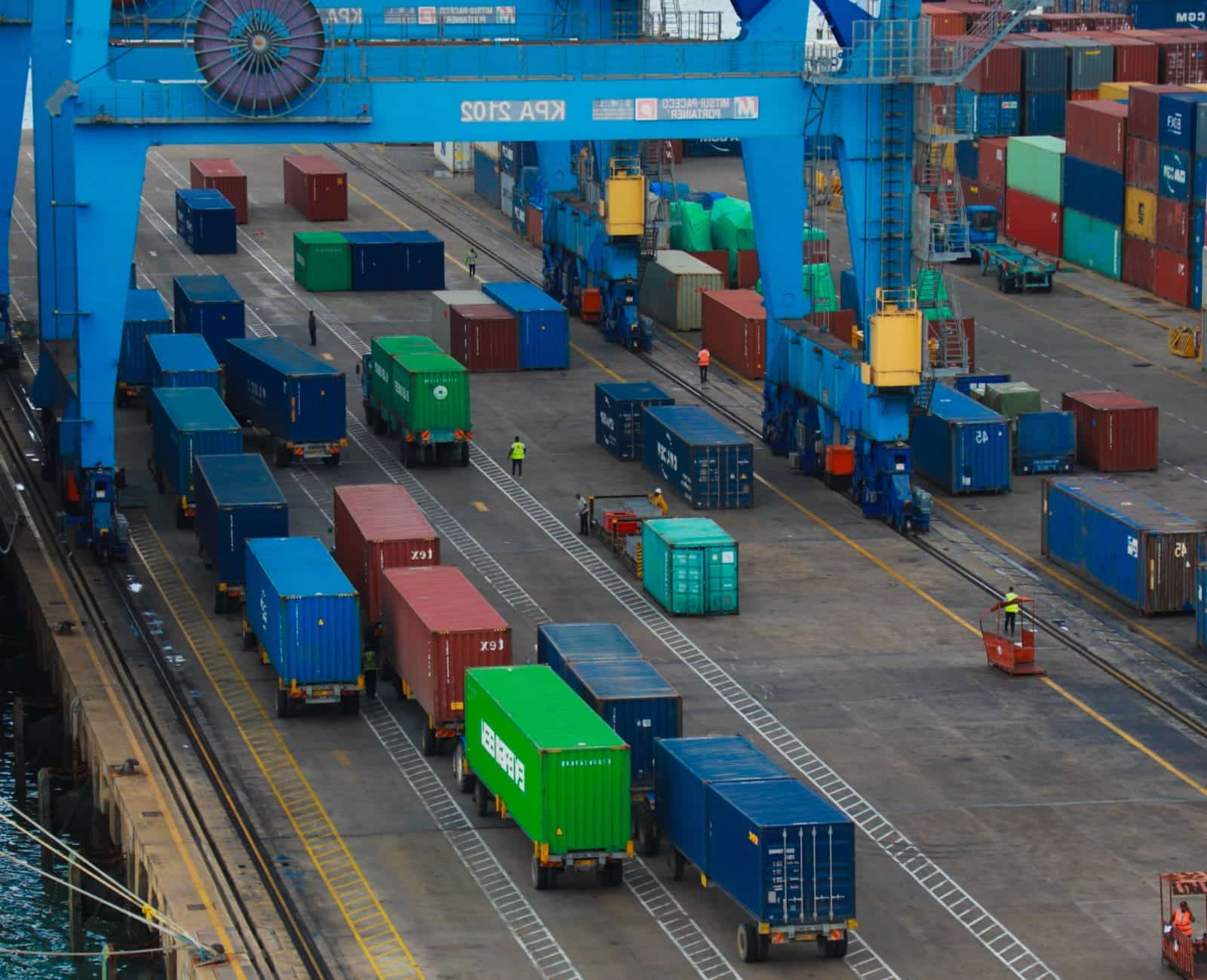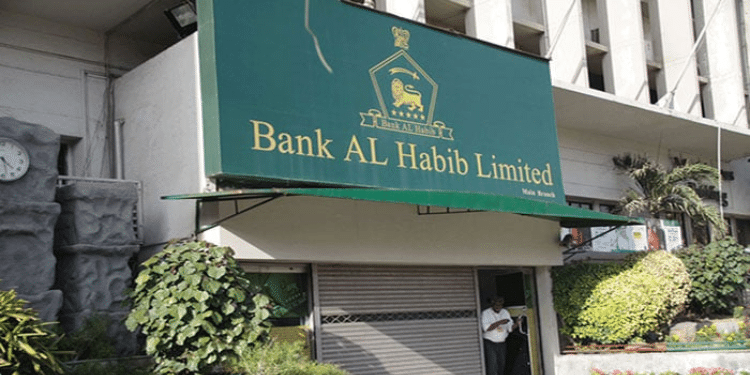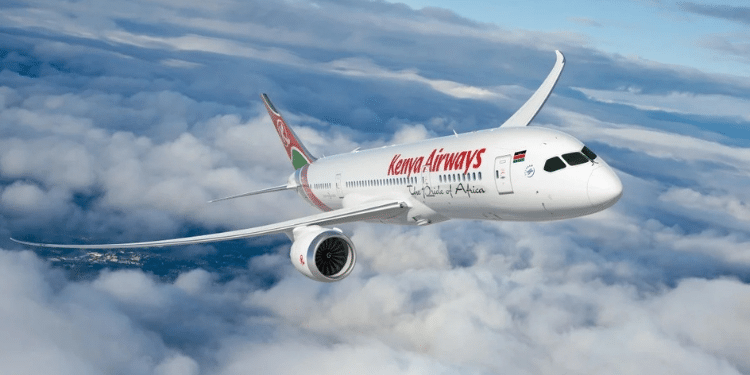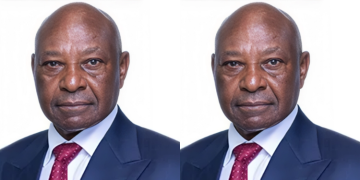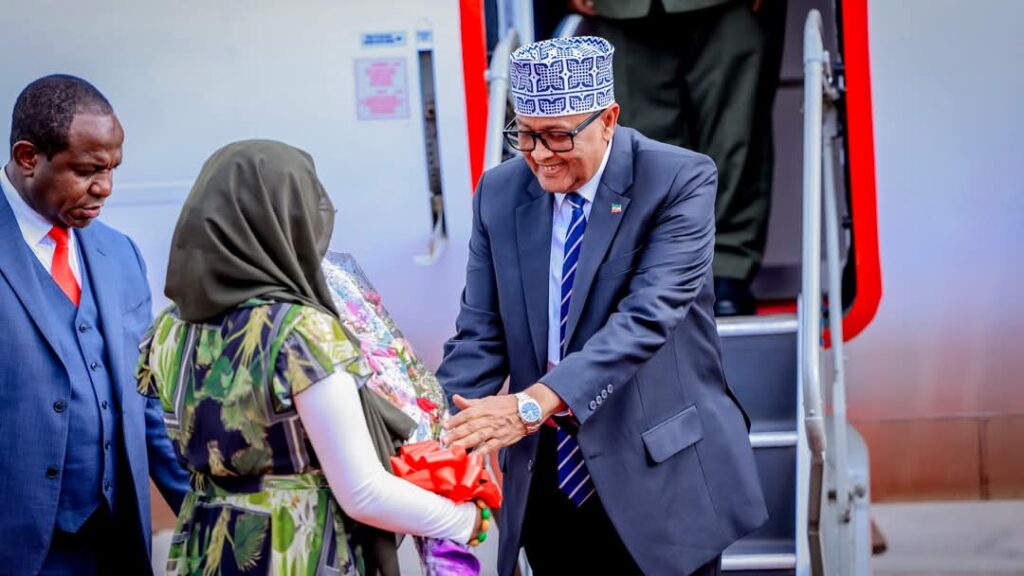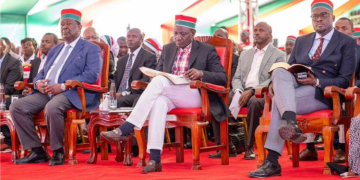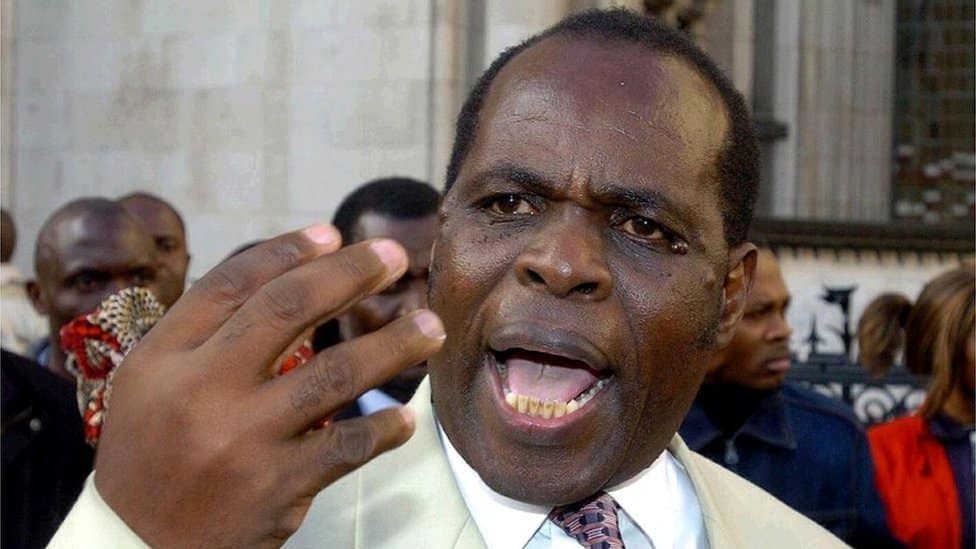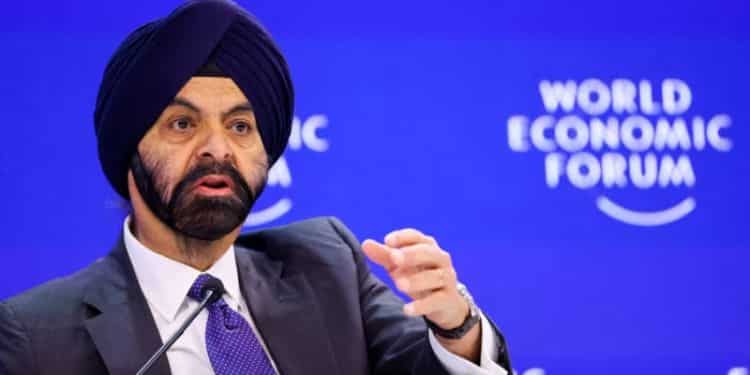The government of President William Ruto has signed a favorable deal to extend fuel supply from the United Arab Emirates to Kenya for another 12 months.
Moreover, the deal, set to expire in December 2024, will offer Kenyans some relief at the pump, even as the country grapples with surging fuel prices. In the latest review by the Energy and Petroleum Regulatory Authority – EPRA, the price of a litre of petrol, diesel and kerosene crossed the Ksh200 mark.
This extended pact allows three gulf oil companies, Abu Dhabi National Oil Corporation, Saudi Aramco and Emirates National Oil Company to supply oil into Kenya.
Also Read: EPRA Increases Fuel Prices; Petrol, Diesel, Cross Ksh200 Mark
Further, in this deal, the government successfully renegotiated freight and premium costs- the additional charge paid for the transportation of fuel.

This agreement allows for importation of diesel, petrol, and Kerosene into the Kenyan market which are set to land at cheaper prices that those being currently witnessed.
Deisel is set to land into the country at Kshs 88 down from the current Kshs 118, petrol at Kshs 90 down from the current price of Kshs 97.5 per liter and kerosene at Kshs 111.7 form Kshs 140 per liter. Worth noting is that these prices are not inclusive of taxes.
However, these prices could change depending on global crude oil prices as controlled by Brent Crude oil and the foreign exchange rate.
This move comes after the government cancelled the open tender system where companies were allowed to bid on the importation of fuel in April 2023.
Currently, the government imports oil for the country and sells it to the relevant fuel stakeholders.
Depreciating Shillings, headache for Ruto
The government hopes that this move will ease the pressure on the shilling, which now exchanges at Ksh147 per dollar, the highest it has ever been.
According to the Central Bank of Kenya, the country operates at a free-floating foreign exchange system. This means that the current currency prices against the US dollar are affected by the rates of demand and supply.
The move to import oil by the government is expected to ease this pressure by assisting in the accumulation and building of foreign reserves in the treasury.
This decision is hoped to reduce the demand for the dollar and ease the pressure on the Kenyan currency.
Since ditching of the open tender system, President Ruto’s government focused on managing the economies of scale-the saving costs that are gained by an increase in the level of production. This was to tame the forex and bring down the cost of fuel.
In April, Kenya received its first consignment of fuel from the UAE.
Also Read: Ruto Secures More Deals for Kenyans, Pushes for Fair Loan Terms
In March 2023, the President had warned against speculative dollar hoarding. “I am giving you free advice that those of you who are hoarding dollars you shortly might go into losses. You better do what you must do because this market is going to be different in a couple of weeks.”
However, the pressure on the shilling has worsened with the dollar selling at Ksh147 Kenya for a dollar on September 15.
This is higher in comparison to the rate of Ksh130.89 in March.








